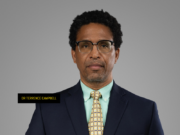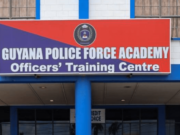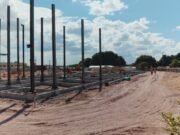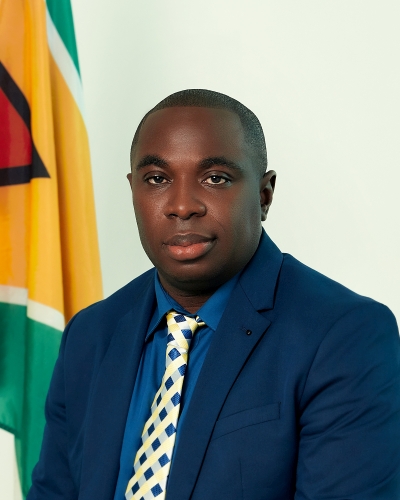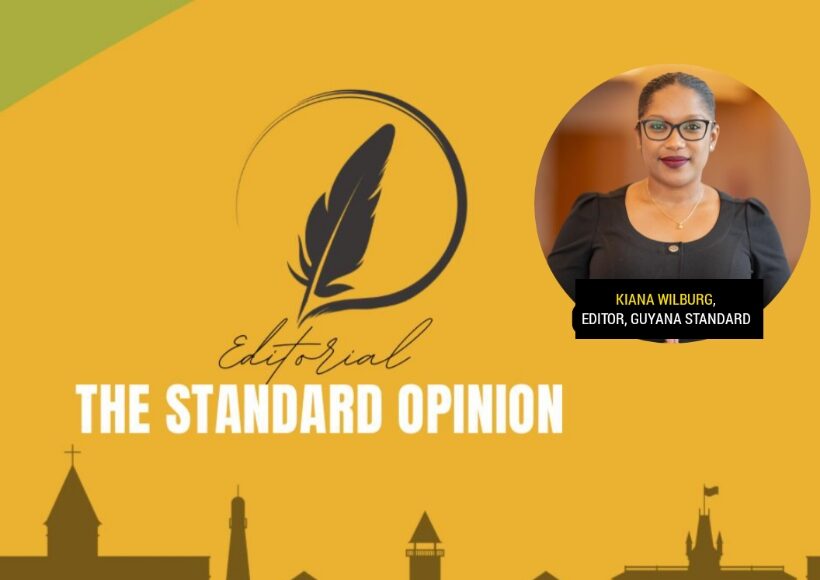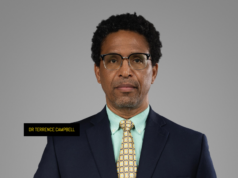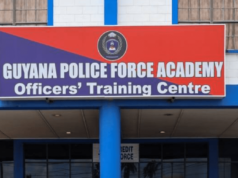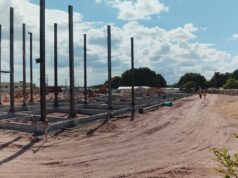It is now over three weeks since 11-year-old Adriana Younge was found dead in the pool of the Double Day Hotel in Tuschen. Her funeral, initially set for May 5, 2025, was postponed until further notice. This decision was taken by her family as they await the final report of the post-mortem examination (PME) executed by three pathologists. To recap, those experts determined that the child died by drowning, and there was no evidence of sexual assault or traumatic injuries. Toxicology tests are pending.
It is important to also note that the family has since cast doubt on the preliminary PME results. This is in spite of the fact that one of the pathologists on the team, Dr Gary L. Collins, the Chief Medical Examiner of the State of Delaware, was selected by the family to represent its interests during the exam. The family has also objected to the government’s appointment of retired Royal Canadian Mounted Police (RCMP) officer, Leonard McCoshen to oversee the investigation being done by the Guyana Police Force. According to Stabroek News, the family has its own panel of independent experts who are willing to help either virtually or in person. The family is also seeking a second PME opinion through Trinidadian pathologist Dr.Hubert Daisley. Approval from the Medical Council of Guyana is still pending for this request.
Since the announcement of the preliminary results and the pause on Adriana’s funeral, the energy surrounding the case has changed. Politicians, in particular, are at each other’s throats, wielding sharp critique on who’s to be blamed for the initial mishandling of Adriana’s case. Of all the commentary made in the past weeks, there are two which this editorial wishes to address.
On April 29, 2025, Executive Member of the Working People’s Alliance (WPA), Dr. David Hinds made a series of dumbfounding remarks during a broadcast of his programme “Politics 101”. The official said he will not join the bandwagon that sought to condemn those who participated in the looting, destruction of public and private properties, and other acts of terror on the night (April 28) that Adriana’s parents disclosed she died of drowning.
He said, “Some of you wanted protest. Well, you got protest…there are things that happened that I don’t agree with. But it is not my place to condemn not one soul…so what you all get last night, you all tek it in you all behind.”
He continued, “…all of a sudden, when poor people, when black people take action, they want to condemn. They can go to hell.” Dr. Hinds was also keen to note that he stands by the “scrapes” who committed the alleged acts of terror.
This author was deeply disappointed that Dr. David Hinds, someone who prides himself on providing reasoned leadership to the black community, would stoop to such lows. It was an unthinkable thing to witness—a political leader of a party endorsing toxicity and “scrape-head” behaviour (acts of endangerment) instead of demanding peace and accountability. It is difficult to accept that Dr. Hinds was oblivious to the fact that Guyanese of all ethnic backgrounds were locked in their homes on April 28, overcome with fear and anxiety, as they watched looting of businesses, vagrants being assaulted, and roadways being burnt. Many parents kept their children home the following day as they awaited assurances of calm and safety.
In light of the foregoing, how therefore can Dr. Hinds, someone who purports to be devoted to awakening the consciousness of his brothers and sisters, still insist that he stands by the perpetrators of violence? How can you refuse to lend your voice to calls for peace, in the way that other reasoned opposition members have done?
Black communities—like all communities—deserve leadership that condemns violence, demands justice, and promotes progress. Anything less only ignites further division and dishonours the efforts being made by others to build a peaceful and equitable society. And in the case of Adriana, when leaders hijack such cases it should be with the bigger picture in mind. This includes a full, thorough investigation and real reforms within the Guyana Police Force.
The bigger picture must include an honest confrontation of our societal issues such as understanding why over 100 males, mostly Afro-Guyanese, were arrested for varying acts of terror on April 28, 2025.
It is here that the editorial wishes to highlight recent remarks made by Vice President, Dr. Bharrat Jagdeo at his press conference. The official underscored his concerns regarding the behavioral patterns exhibited in the aftermath of Adriana’s death. He said in the PPP/C’s next government, there would be a push for civics or citizens’ education. This, Jagdeo explained would help with the incubation of citizens with stronger moral codes and an appreciation of their sacred duty to protect and uphold the tenets of democracy.
“This is something that we are open to introducing in the school system. So hopefully, we’d be able to have more patriotic people and people who would not lie so blatantly,” said the Vice President.
This editorial supports the call for the broadening of the education system, placing emphasis on civic responsibility. It’s a step in the right direction and is indicative of one way we can begin to build a better society.
Further, this editorial reiterates previous calls for critical reforms to the Guyana Police Force and the manner in which it engages in crisis communication with the press and citizenry by extension. It is now approaching one month since Adriana’s death and the Force has not held one press conference. It is regrettable that this continues to be the status quo. Nonetheless, this editorial maintains that it is these types of discussions which are needed and which are more helpful to quest for justice instead of emboldening acts of terrorism. To all political leaders, this is not the time to go low; its citizens cannot continue to be the collateral damage of toxic, unchecked leadership.
